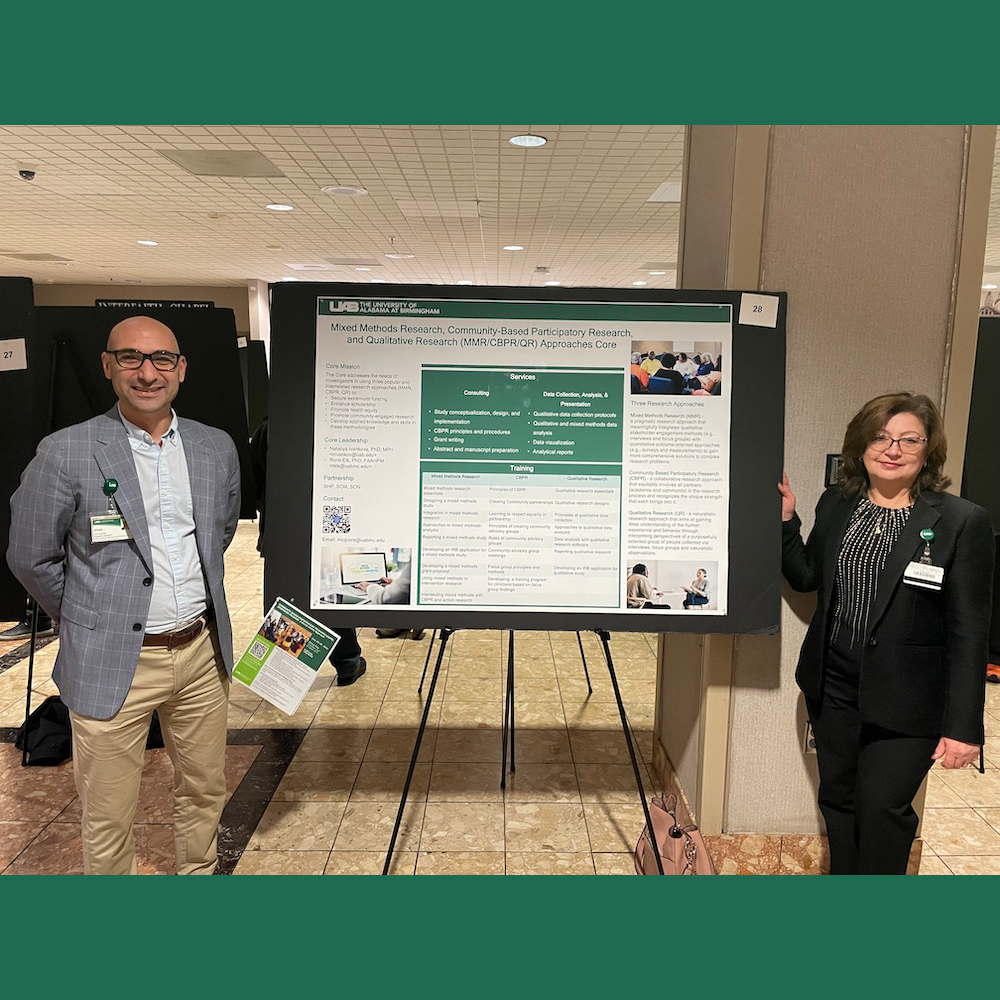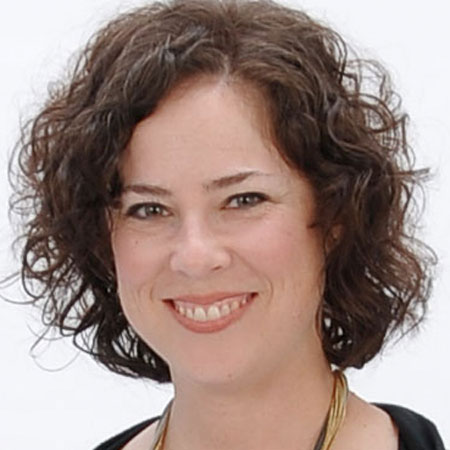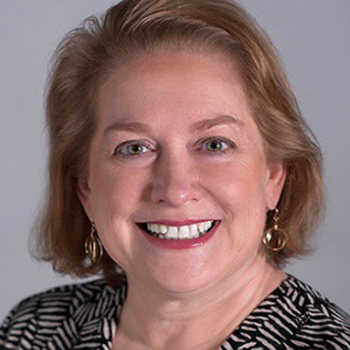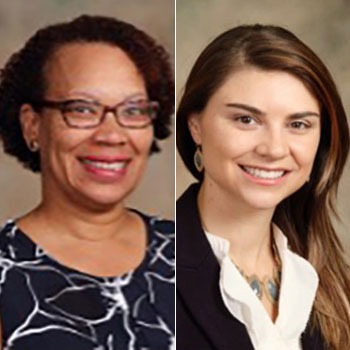Research Highlights
Building the evidence for practice and policy.
-
Introducing the UAB MMR-CBPR-QR Core: A Hub For Cutting-Edge Research Methodologies
The University of Alabama at Birmingham (UAB) is thrilled to announce the launch of The Mixed Methods Research, Community-Based Participatory Research, and Qualitative Research Core (UAB MMR-CBPR-QR). Developed as a collaborative endeavor between the School of Health Professions, Heersink School of Medicine, and the School of Nursing, this initiative aims to cater to the evolving needs of researchers utilizing three prominent methodologies: Mixed Methods Research, Community-Based Participatory Research and Qualitative Research.
Our very own Nataliya Ivankova, PhD, MPH, has been instrumental in establishing the MMR-CBPR-QR Approaches Core. Dr. Ivankova expressed her enthusiasm, stating, “This collaborative effort builds upon the foundational work in mixed methods and qualitative research consulting and analysis.”
The activities of MMR-CBPR-QR are conducted through the Center for Health Informatics for Patient Safety and Quality (CHIPS/Q) at the Department of Health Services Administration and consulting and intensive training in community-based participatory research, a service provided by Dr. Elk through the Center of Palliative and Supportive Care (CPSC) at UAB.
The Institutional Research Core Program (IRCP) was created to promote the development and operation of outstanding Core Facilities that can serve the needs of UAB investigators. The UAB MMR-CBPR-QR Core is one of 18 research cores that is part of the IRCP.
For more information on the MMR-CBPR-QR Core and its offerings, please visit: https://www.uab.edu/cores/ircp/mmr-cbpr-qr.
-
Payer Mix and Perceptions of Discrimination in Primary Care
Dr. Jessica Williams, an Associate Professor and Program Director at the HSA Department, published an article titled “Perceived discrimination in primary care: Does Payer mix matter?” in the Journal of the National Medical Association. This research discusses how perceptions of discrimination vary within a sample of primary care clinics. In this research, reports of perceived discrimination were higher in clinics where the majority of patients were publicly insured compared to clinics where majority of patients had private insurance. They also found that sociodemographic variables, such as age, Black race, education level, and type of insurance influenced reports of race- and insurance-based discrimination within these clinics. The work was done in collaboration with researchers from Temple University, University of Arizona, and UAB Schools of Health Professions, Medicine, and the College of Arts and Sciences.
-
Tabletop Simulation
HSA scholar Michelle R. Brown is leading a study funded by the Association of Schools Advancing Health Professions (ASAHP) Interprofessional Innovation Grant to Increase Empathy and Awareness of Stigma Associated with Opioid Use Disorder using Tabletop Simulation. She is collaborating with several investigators from the School of Health Professions: Erin Blanchard, Valley McCurry, Tera Webb, Amy Brady, and Krystle Glasgow. Currently, there are 40.3 million people or 14.5 % met diagnostic criteria for substance use disorder and stigma is one of the important barriers for patients seeking treatment for OUD. Therefore, raising awareness of stigma associated with substance use disorders is crucial to increasing access to treatment for SUD. The expected outcome of this proposal is an enduring impact on how health professions students view OUD. Findings from this project will inform the implementation of the Opioid Simulation to a broader group of health professions students.
-
Sepsis Dart Implementation
HSA scholars, Allyson G. Hall & Larry R. Hearld, are collaborating with UAB hospital on implementing the Detection and Response Tool (DART) – a CDSS that is designed to quickly diagnose and treat patients with sepsis- to demonstrate how a health system undergoing a Learning Health System transformation can leverage insights from a quality improvement program to build capacity to evaluate programs and continue to improve quality. The UABHS would like this implementation and a corresponding evaluation of its effectiveness and eventual scale-up to other units to serve as a ‘learning laboratory’ to guide subsequent program implementations and build evaluation capacity that is required of Learning Health Systems. “Sepsis Dart Implementation” project received a one-year grant from AHRQ.
-
Machine Learning Solution for ED Overcrowding Problem
Dr. Abdulaziz Ahmed, an Assistant Professor of Health Informatic at the HSA department, published an article titled "An Integrated Optimization and Machine Learning Approach to Predict the Admission Status of Emergency Patients" in Expert Systems with Applications, which is a top tier journal with IF of 6.9. This research discusses a very important topic in machine learning model development, which is hyperparameter optimization. In this research, researchers built a framework based on the Tabu search Algorithm for optimizing the hyperparameters of three machine learning algorithms: Xgboost, Adaboost, and Neural Network. The proposed framework for predicting the admission disposition of emergency patients based on patient data at the time of triage is implemented. The proposed models can mitigate the crowding problem by proactively planning the patient boarding process. The work was done in collaboration with professors from Penn State University, Auburn University, and UAB Collat Business School.
-
Christy Harris Lemak, PhD, FACHE selected as recipient of the 2022 Gary L. Filerman Prize for Educational Leadership
Congratulations to Christy Harris Lemak, PhD, FACHE, Professor and Chair, Department of Health Services Administration, for being selected as the recipient of the 2022 Gary L. Filerman Prize for Educational Leadership for her outstanding contributions to the field of health administration education, exhibiting leadership in the field, and enriching the institution, students, and health administration education through her excellent work.
-
A machine learning framework for addressing emergency department overcrowding problem
Dr. Abdulaziz Ahmed, in collaboration with Dr. James Booth, Sherichia Hardy, and Brittany Freeman- Lindsey is working on a project titled: A machine learning framework for addressing emergency department overcrowding problem. They will build a machine learning-based framework for addressing ED overcrowding problem. The project is awarded from the SHP.
-
Health Equity Research Grant by the Childhood Arthritis and Rheumatology Research Alliance (CARRA)-Arthritis Foundation
Dr. Monica S. Aswani, in collaboration with Dr. Melissa Mannion and Dr. Emily Smitherman in the Division of Pediatric Rheumatology at UAB Children's Hospital of Alabama, were awarded a Health Equity Research Grant by the Childhood Arthritis and Rheumatology Research Alliance (CARRA)-Arthritis Foundation. The CARRA Registry aims to address the challenges associated with pediatric rheumatology research by collecting longitudinal data from patients across multiple centers. The value of such a data repository, however, is contingent upon the degree to which captured data represent the target patient population. Thus, the proposed research aims to assess the representativeness of the CARRA registry participants, which can have significant implications for the generalizability of findings, accuracy in measuring and analyzing disparities, and equity in disease prevention, care, and/or outcomes.
-
We Care
HSA scholars, Allyson G. Hall & Katherine A. Meese, are collaborating with School of Nursing and UAB Medicine on “WE CARE” – Workforce Engagement for Compassionate Advocacy, Resilience, and Empowerment – to prevent burnout, suicide, mental health conditions, and substance use disorders, and promote resilience among registered nurses (RNs), patient care technicians (PCTs), nursing faculty and students, and nurses throughout Alabama. In this project, the researchers will use train-the-trainer methodology and evidence-based interventions such as: The Community Resilience Model (CRM)™, Psychological First Aid (PFA), Peer Support and Response (PSR), and Professional counseling. “WE CARE” project received a $2.1 million grant over 3-years from HRSA!
- Introducing the UAB MMR-CBPR-QR Core
- Payer Mix and Perceptions of Discrimination in Primary Care
- Tabletop Simulation
- Sepsis Dart Implementation
- Machine Learning Solution for ED Overcrowding Problem
- Christy Harris Lemak, PhD, FACHE
- A machine learning framework for addressing emergency department overcrowding problem
- Health Equity Research Grant by the Childhood Arthritis and Rheumatology Research Alliance (CARRA)-Arthritis Foundation
- We Care
Mission and Impact

HSA’s mission of developing leaders to shape tomorrow’s healthcare has deep roots in our research and scholarly activities. Knowledge created from our research is then used in our classrooms, to influence and shape policy and to improve healthcare practice. Our unique blend of interdisciplinary health services research brings together health administration, informatics, quality and safety, simulation and a variety of methods such as implementation, health, and data science as well as econometrics to create synergies that allow us to amplify our impact on healthcare.
Our faculty collaborate with stakeholders from across the healthcare spectrum, and engage our alumni and students in practice and policy-relevant research every day. Our research focuses on solving problems today as well as producing evidence that support future studies and policy for tomorrow.
If you are interested in collaborating with us, please contact Paria Y Jami (







